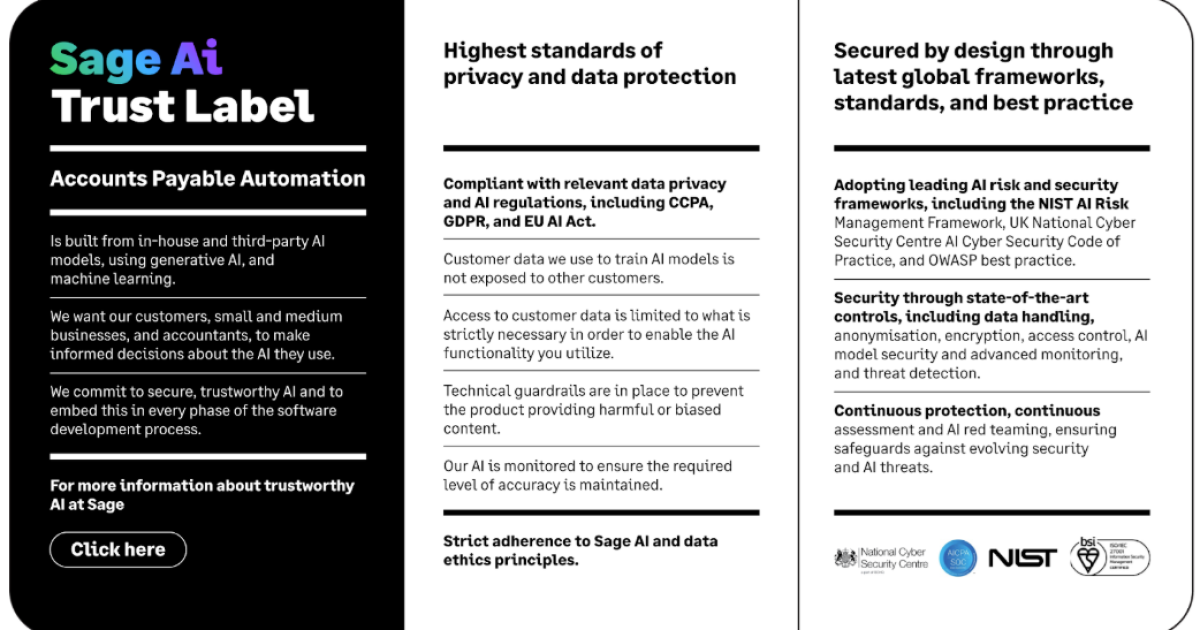The National Association of State Boards of Accountancy is giving CPA candidates up to two and a half years to complete the CPA exam after passing the first section of the test without losing credit, but individual state boards will still need to agree to the change.
NASBA announced Monday it adopted an amendment to the Uniform Accountancy Act Model Rules allowing the change, which had been eagerly anticipated by exam candidates. The changes came after NASBA’s experience during the pandemic when CPA candidates were granted more flexibility in taking the exam, as well as shortages of young accountants across the profession.
For nearly two decades, since NASBA and the American Institute of CPAs launched the computer-based CPA exam in early 2004, candidates have had 18 months from the date they pass the first section of the exam to complete the other three sections without losing credit. This is known as the “conditioning” rule, which all 55 U.S. states and territories have adopted. But after the disruptions in recent years from the COVID pandemic, the reduction of candidates in the pipeline, and the increased workload of firms, NASBA found growing interest in providing candidates and firms relief by extending the conditioning period.
Last Friday, NASBA’s board of directors voted to adopt an amendment to UAA Model Rule 5-7 that increases the length of conditional credit from 18 months to 30 months, bases the calculation of conditional credit for exam sections passed on the date that scores are released, and adds descriptive language to provide greater clarity for when boards of accountancy may extend conditional credit.
The UAA Model Rules have no immediate effect on individual state board rules, though. As the membership organization of the 55 U.S. boards of accountancy, NASBA provides the model rules as recommendations to boards, and encourages uniform adoption. That means each individual board can consider the new amendment to Model Rule 5-7 and, if they choose, start a process to change the rules at the state level. Current CPA exam candidates will remain under the existing rules until, if and when, the board to which they applied makes changes.
The revised rule says that once a candidate has successfully passed one section of the exam, they will then be provided with a rolling 30-month period to pass the remaining three sections of the exam. The exposure draft had proposed a six-month extension of the credit period to 24 months, but based on further consideration and input, the NASBA board decided to approve a 12-month extension to 30 months.
“Providing an additional year of conditional credit to candidates for exam sections passed provides more flexibility to those seeking licensure as a CPA,” said NASBA president and CEO Ken Bishop in a statement. “The additional time also provides greater latitude to firms and candidates as they negotiate the demands of today’s complex career environment.”
NASBA has found that some of recent revisions to the CPA exam indicate that score delays can happen when significant updates are made to the exam’s content and structure. The approved rule aims to provide uniformity among jurisdictions on the timing of granting exam credits, which in turn offers the benefit of providing relief to candidates when those delays occur.
Throughout a 60-day comment period leading up to the adoption of the new rule, more than 850 respondents gave their feedback on the exposure draft, which was issued by NASBA’s Uniform Accountancy Act Committee. Comments came in from a wide array of stakeholders, including state boards, state CPA societies, CPA firms, licensed CPAs, educators and students.
“On behalf of the NASBA board of directors, we would like to thank the Uniform Accountancy Act Committee and the many stakeholders who provided valuable input to the rulemaking process,” said NASBA chair Richard Reisig in a statement. “We believe this amendment made to the UAA Model Rules will support the best interests of the candidates in their journey to entering the profession.”
During the April 21 meeting when the amendment was approved, NASBA’s board of directors expressed their continued support for the development of a recommended policy for state board consideration that would allow CPA exam candidates who lost credits due to conditions beyond their control resulting from economic disruptions of the pandemic to come back into the process of completing the exam and obtaining a license.
Board members also discussed developing another pathway to allow candidates to achieve 150 hours of college credit through an academically qualified experience that could allow up to 30 credit hours, but no decisions on that front have been made yet.
The American Institute of CPAs welcomed the change. “Extending the 18-month credit rule for taking all parts of the CPA exam is a key pillar of the AICPA’s pipeline acceleration plan,” said Mike Decker, vice president of CPA examination and pipeline at the AICPA. “This proposed change to the model rules better accommodates the conflicting demands many prospective CPA candidates face as they strive to make a living, pay off student loans, juggle family obligations and take steps to advance their careers. While there is work to be done to make these amendments a reality in all jurisdictions, this is a positive step for future CPAs and the profession.”
Some state CPA societies are pushing to loosen the traditional 150-hour requirement for qualifying for a CPA license. Last week, Oklahoma’s governor signed into law a bill that would allow CPA candidates to sit for the exam after 120 credit hours, although they would still need the full 150 hours before they could get a license. The proposal was backed by the Oklahoma Society of CPAs.
The Minnesota Society of CPAs, meanwhile, is supporting another legislative proposal that would offer alternatives to the current 150-hour model (see story). The current model is 150 credit hours and one year of work experience. The two alternatives under consideration in Minnesota include 120 credits and two years of work experience; or 120 credits and both one year of work experience and 120 CPE credits, earned concurrently. However, any differences among states could threaten mobility for CPAs who work across state lines.
Credit: Source link











